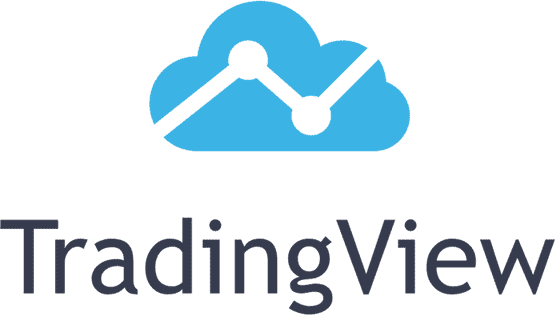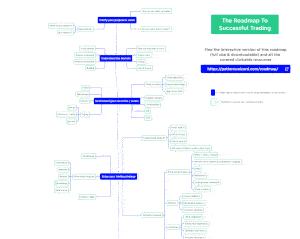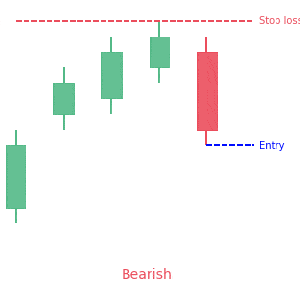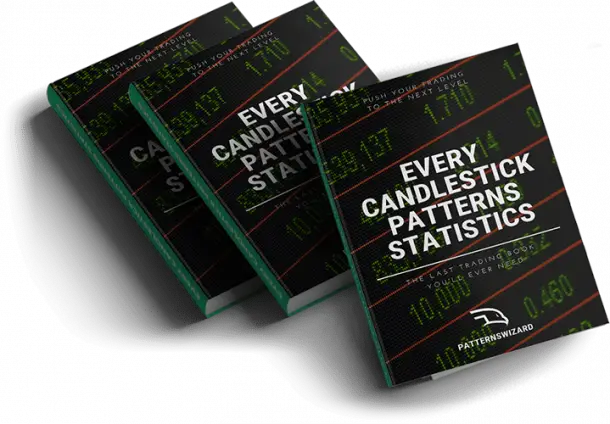What is the best leverage for a small account is a question beginner traders often ask. Knowing the answer to this question is important because leverage is a double-edged sword. It can bring you a lot of gains and it can also destroy your entire portfolio. Therefore, it is very important to use leverage with great caution.
You need a thorough but easy guide to understand the best leverage for small accounts. Beginners with small amounts need to be more careful with leverage. Therefore, we decided to help you. In this article, we are going to explain what is the best leverage for small accounts. So, let’s begin right away.
What is leverage?
Before explaining the best leverage for a small account, it is important to understand what leverage is. Leverage refers to the borrowed amount your trading position consists of. It means your position consists of two parts while leverage trading – borrowed amount and your own margin capital.
Furthermore, the leverage and margin ratio must be decided before entering your trade. The most common ways to write leverage ratio are 1:5 or x5 where 5 indicates leverage in your position.
The leverage concept is easy but what is the best leverage for a small account? Let’s dive deep to find out.
The best leverage for a small account
Simply put, there is no hard and fast rule about the best leverage for small accounts. However, the recommended leverage ratio for a small account is between 1:2 and 1:10. Beginners and inexperienced traders should not take more risk than x10. Using more leverage exposes you to more risk instead of increasing your profit. Why do and how so? Because higher leverage makes your liquidation price much tighter. That in turn makes it difficult for you to control market fluctuations without increasing risk. As proper risk management is the key to successful leverage trading, overstepping recommended leverage ratio can be very dangerous, especially when trading cryptocurrencies or forex.
So, what should be your approach if you are a beginner? The best approach is to gain sufficient knowledge and experience before playing big. Always remember that knowledge and experience to execute a winning leverage trading system is paramount. If you don’t follow it, just think about the possibility of losing a leveraged trade. What will it do to your small account? Obviously, a single leverage trade going against you can destroy your entire capital. So, don’t act like most beginners who play big but eventually lose their capital. Contrarily, those who play little in the beginning and step up little by little start making huge profits in no time.
How should you choose leverage for a small account?
As we have already mentioned, there is no generalized rule for choosing the best leverage for a small account. There are various factors that you should consider when choosing leverage. Your overall trading strategy, trading goals, and position size of the account are determining factors. Additionally, you should also consider the asset class you are trading. It is crucial because the behavior of different markets is always different.
Moreover, the rule is simple. Always remember that slow and steady wins the race. Choosing higher leverage and exposing yourself to more risk is not advised. Instead, the best play strategy is to start with low leverage and low risk. It will enable you gradually grow your account size. Now, let me tell you why you shouldn’t use higher leverage.
Although higher leverage is enticing as it brings more gains. However, the flip side of higher leverage is very dangerous. It can blow your account in case of a single trade going against you. As you know, proper risk management is the key to successful trading. Whereas, higher leverage pushes you to disregard this very basic rule. It makes you risk too much money on your positions.
There is also a factor here. As most brokerages don’t allow you to regulate your own leverage, especially forex brokers. That means you cannot control your risk in such cases and therefore moderate leverage is better. On the other hand, if you can control your risk, high leverage may not be harmless. Contrarily, it may help you achieve higher returns.
Simply put, there are numerous factors that you need to consider. As trading is a risky arena, trading by staying on the safe end of the spectrum is the best strategy. Going slow but with purpose is the key to long-term success. Here are a few tips for choosing the best leverage for a small account.
Tips for choosing the best leverage for a small accounts
1. Stay disciplined
It is often observed that traders with small accounts take higher risks because of the temptation to make more money. This is because they have a very low amount in the account to lose. They often hope to double their amount in a day or with a few ticks. However, they find themselves on the wrong end by the end of the day. These few ticks happen in the wrong direction and blow their account. Therefore, the key is to stay disciplined and never think about making money overnight. This is a destructive behavior that you need to stay away from.
2. Start with low leverage
Although choosing high leverage and making rapid money is tempting. However, the risk is high and is not worth it. Therefore, start with a low leverage ratio and gain experience. Once you have sufficient knowledge and experience, you can accelerate your process to make money.
3. Choose a broker carefully
Another tip for you is to choose your broker carefully for leverage trading. All brokers offer different leverage ratios. For example, most European and American brokers offer leverage ratios up to 1:200. Whereas, you may find leverage ratios up to 1:2000 in various other jurisdictions. Therefore, it is important to choose a broker that suits your trading strategy and trading goals.
4. Leverage change after opening positions
You also need to consider whether the broker allows leverage change after opening the position before choosing your broker. Some brokers allow clients to change leverage under certain conditions. So, it is better to choose such brokers. Most traders don’t allow it and you can only change your leverage once a month or something like that.
The wrap-up
First of all, leverage trading is very risky and can blow your account within just ten ticks. Therefore, it is very crucial to risk money that you can afford to lose. Secondly, there is no generalized rule for the best leverage for a small account. It depends on a number of factors. However, the key is to begin your journey with small moves. Slow and steady always wins the race and so will you. Thirdly, choosing the right broker is also important for successful leverage trading. Keeping all that in mind is going to make your path smooth for success. Best of luck!
 Good Trading requires the Best Charting Tool!
Good Trading requires the Best Charting Tool!

 We loved Marwood Research’s course “Candlestick Analysis For Professional Traders“. Do you want to follow a great video course and deep dive into 26 candlestick patterns (and compare their success rates)? Then make sure to check this course!
We loved Marwood Research’s course “Candlestick Analysis For Professional Traders“. Do you want to follow a great video course and deep dive into 26 candlestick patterns (and compare their success rates)? Then make sure to check this course!